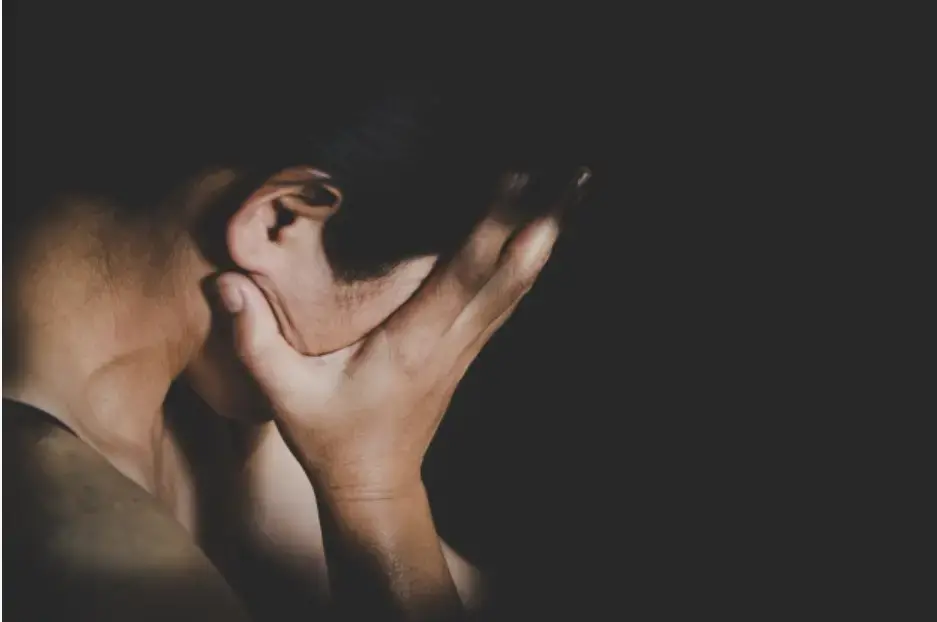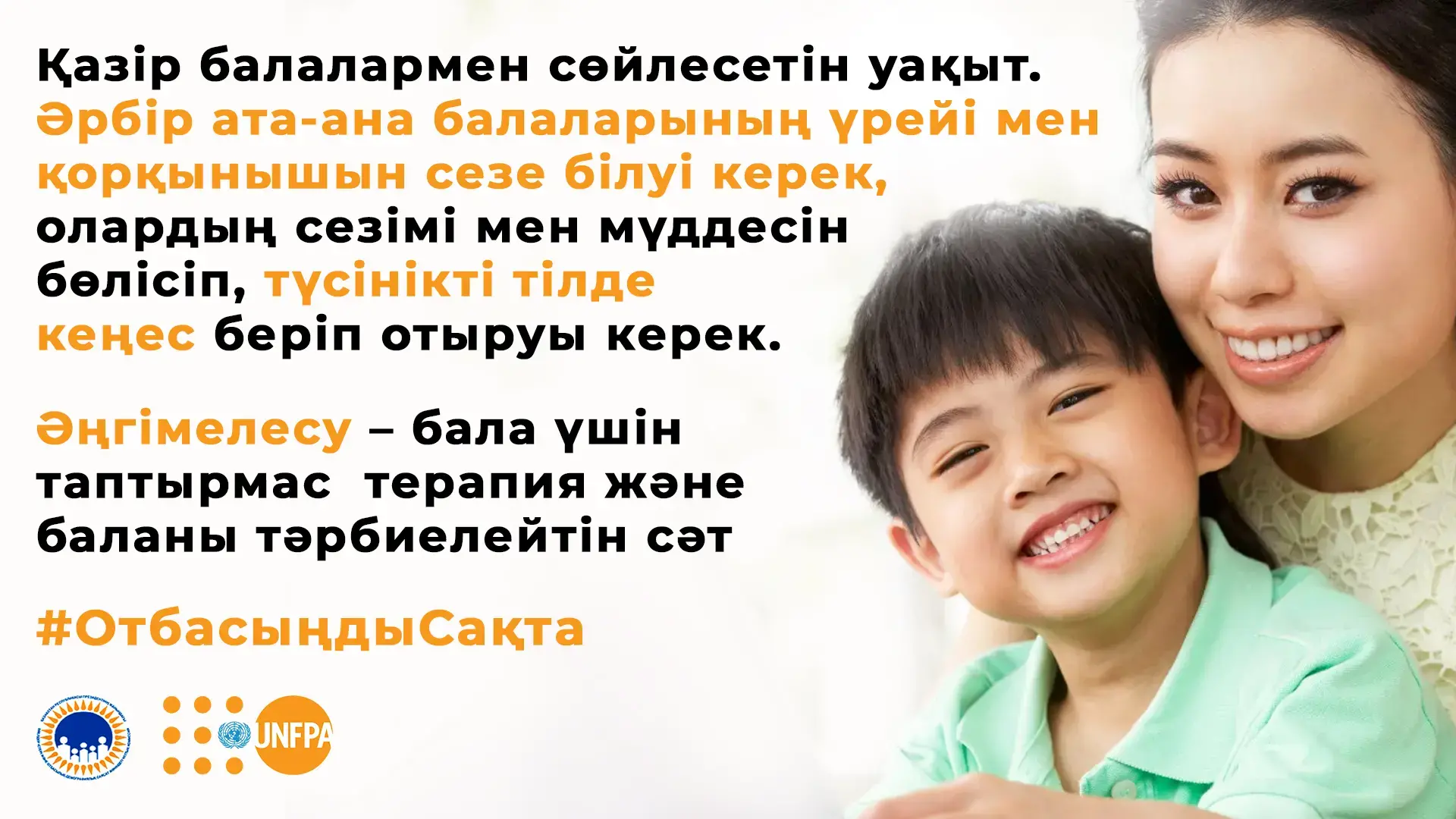Gender equality promotes equal opportunities for women and men, ensures gender equality and prevents gender-based violence with a special focus on more vulnerable and marginalized women, adolescents and women with disabilities.
UNFPA delivers active evidence-based policy dialogue, know-how transfer and technical assistance to the country.
Gender-Based Violence
Violence against women and girls is one of the most prevalent human rights violations in the world. It undermines the health, dignity, security and autonomy of its victims, leading to sexual and reproductive health consequences, like forced and unwanted pregnancies, unsafe abortions, sexually transmitted infections including HIV, and even death.
Eliminating violence against women requires a holistic approach and a comprehensive and coordinated system to provide services to survivors and work with aggressors. A Multi-Sectoral Response to Gender-Based Violence requires a coordinated work among many sectors, including medical, psycho-social and the police. In light of this, UNFPA has been providing technical support and facilitating the adoption of a number of important documents that have supported the promotion of gender equality in Kazakhstan. These measures include relevant national gender-oriented laws as well as the signing and ratification of international agreements and their implementation through policies and programmes.
The COVID-19 pandemic is an unprecedented public health crisis but it is much more than that. The initial and on-going health crisis has major socio-economic consequences that are touching everyone's lives and disproportionately affecting the most vulnerable people, as well as the enterprises and entrepreneurs that provide them with jobs, incomes and contribute to the taxes that the state relies upon to deliver public services. Furthermore, the pandemic has impacted men and women differently and further exacerbated existing gender inequalities.
Last year UNFPA carried out in-depth interviews of 86 people with disabilities and several focus group discussions with service providers in Turkestan and Shymkent City to inform the revision of Standard Operating Procedures on Gender-Based Violence to take into account the needs of people with disabilities. This was done with financial support from the UK Government.
Following the declaration of the state of emergency in the middle of March, The National Commission on Women, Family and Demographic Policy of Kazakhstan together with UNFPA and the NGO “Shyrak” decided to carry out follow-up in-depth interviews with the same group of people with disabilities but this time focusing on the impact of the lockdown. The people interviewed included: 20 visually impaired, 18 hearing impaired, and 20 impaired in the musculoskeletal system. 29 were men (38%) and 47 women (62%).
Men Engage and Active Fatherhood
Gender equality can by no means be achieved without the involvement of men and boys. Change is slowly taking place, and men are increasingly working alongside women to support gender equality and the empowerment of women and girls.
UNFPA works with men and boys to advance gender equality and end violence. Using the Training of Trainers (TOT) approach, the “Men Engage” Programme aims at enhancing awareness among men and boys on “informed paternity” and “involved fatherhood”.
Videos, like “Hero of the family”, “Quarantine Without Violence” and “Big dreams - equal opportunities?”, are produced to encourage abandoning of harmful stereotypes and embracing respectful, healthy family relationships.




